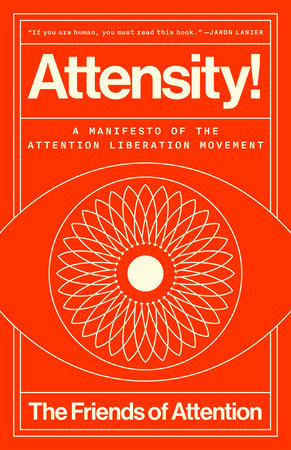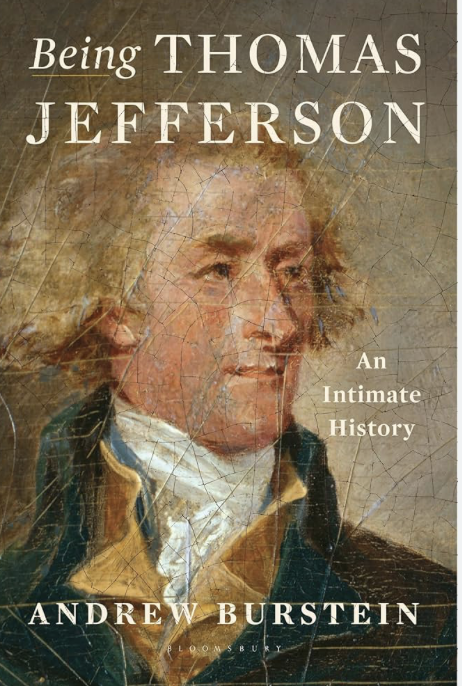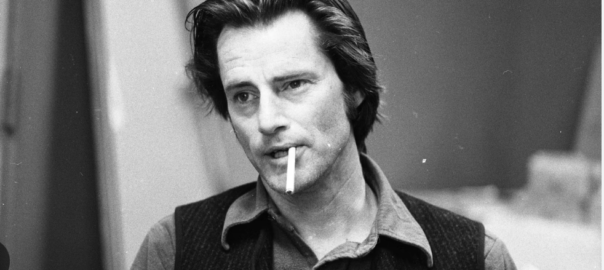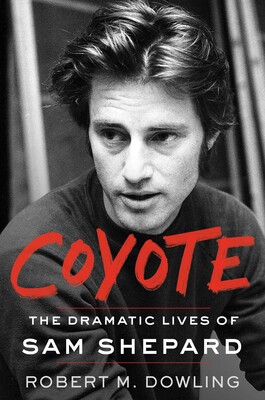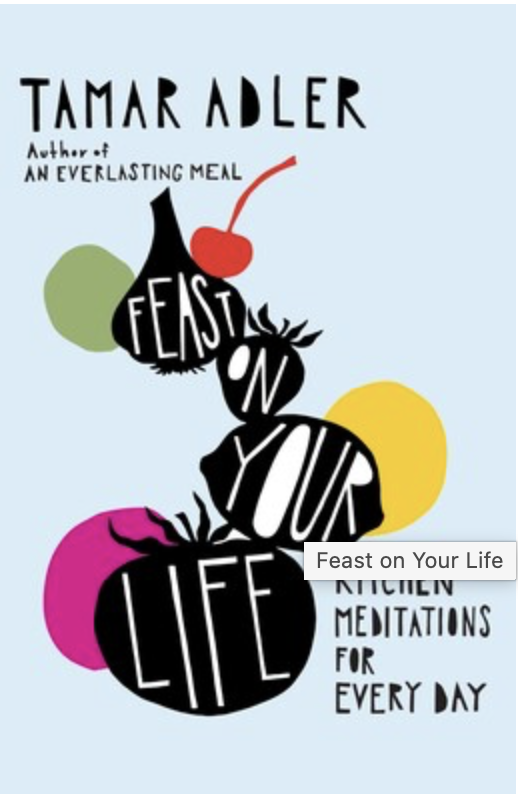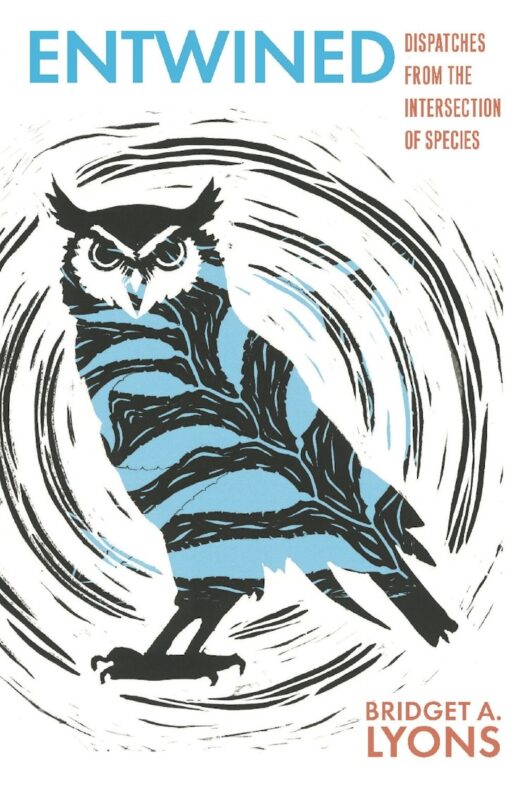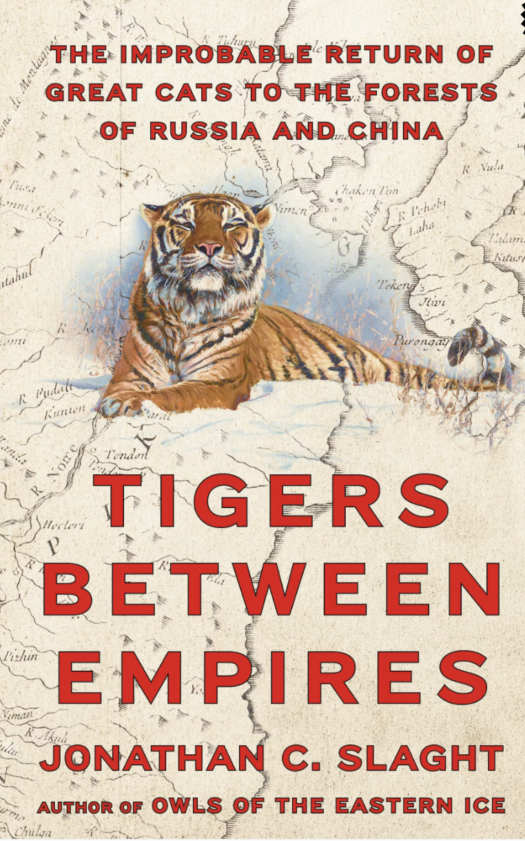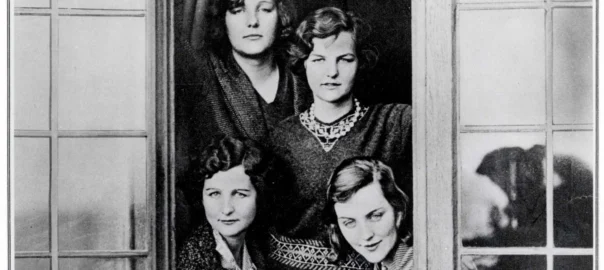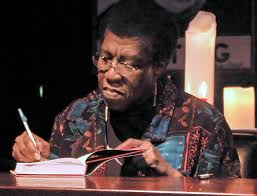Podcast: Play in new window | Download
Subscribe: Apple Podcasts | RSS
Writer’s Voice: compelling conversations with authors who challenge, inspire, and inform.
Resistance Is the Story
When we tell the history of slavery, too often we tell it as a story of suffering relieved by benevolent reformers. But what if resistance — not submission — was the central thread all along?
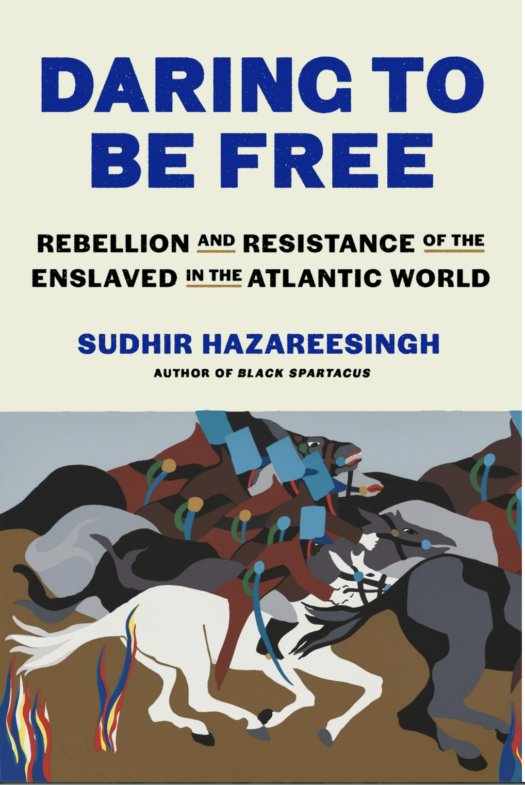
This week on Writer’s Voice, we begin with historian Sudhir Hazareesingh, whose groundbreaking book Daring to Be Free reframes the history of Atlantic slavery as a history of rebellion: from African defense militias and shipboard revolts to maroon communities and the Haitian Revolution. He restores enslaved women and men to the center of their own liberation struggles — not as passive victims, but as strategists, spiritual leaders, and revolutionaries.
“From the very moment slave raiding parties are sent out… people begin to resist.” — Sudhir Hazareesingh
Then we revisit my 2012 conversation with novelist Jacqueline Sheehan about The Comet’s Tale, her powerful work of historical fiction about Sojourner Truth. Through Truth’s childhood in bondage, her spiritual awakening, and her emergence as a fearless abolitionist and women’s rights advocate, we explore resilience, moral courage, and the making of a revolutionary life.
Follow us on Bluesky @writersvoice.bsky.social and subscribe to our Substack. Or find us on Instagram @WritersVoicePodcast.
Tags: Sudhir Hazareesingh, Daring to Be Free, Atlantic slavery, slave resistance, Haitian Revolution, Solitude of Guadeloupe, maroon communities, Sojourner Truth, Jacqueline Sheehan, The Comet’s Tale, Abolition movement, Black history, Writers Voice podcast,
You May Also Like: Aaron Robertson, THE BLACK UTOPIANS, Ben Passmore on Black Resistance
Read The Transcript
Continue reading


